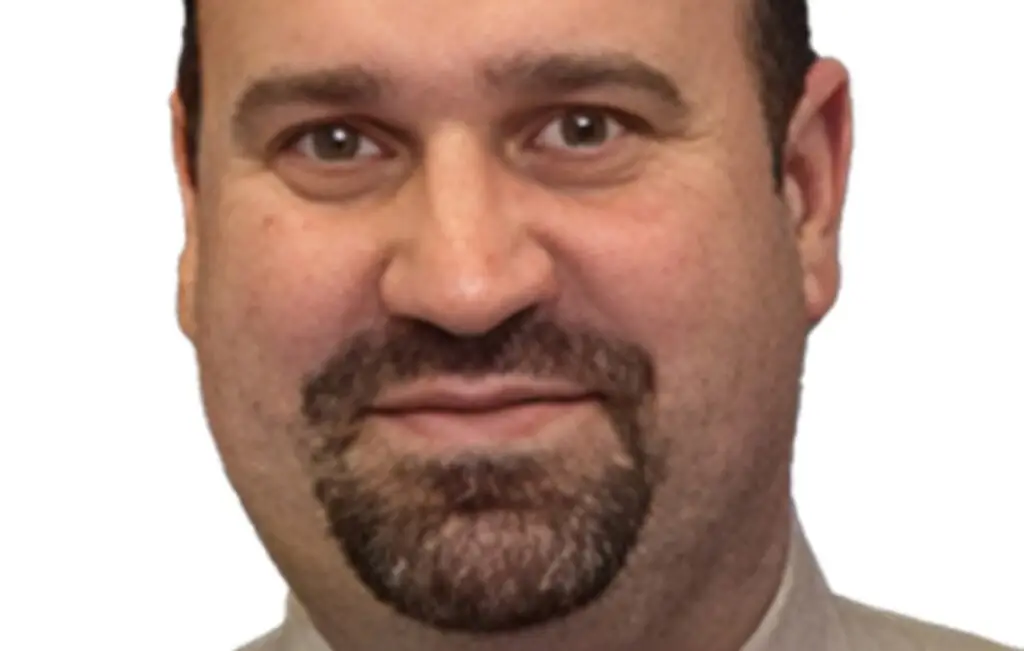There was once a time when “meeting with HR” was only a signal of crisis—whether that meant tackling a problem with an employee or a compliance issue—and a phrase that struck fear into every employee’s heart.
Nowadays, HR leaders are critical partners with other leaders on people-centric opportunities and challenges, steering away from a punitive management role to a strategic and creative one.
Paaras Parker, CHRO of Cincinnati-based Paycor, has felt this shift. Parker shares her insights on the evolution of the HR function, how that helps organizations better succeed and what initiatives she and her team are spearheading.
How has HR evolved over the past few years?
HR continually becomes more and more about people. What does that mean? In practice, it means that leaders at all levels partner with HR on people-centric opportunities and challenges.
There was a time, many years ago, when “meeting with HR” meant there was a problem or a compliance issue or a risk-management issue. Now, meetings with HR are exciting and creative, strategic and forward-looking.
For example, one of my favorite “meetings with HR” is when we get a chance to help leaders learn about different styles of communication. Innovative, resilient companies need a wide range of diversity, including diverse perspectives and diverse communication styles.
If I know someone well after working with them for years, I would be used to their communication style, even if it’s very different than mine. But if I encounter a new person who I have no experience with, it’s very common to make a snap judgement about the way they communicate. Maybe we have a knee jerk assumption about their motivation, as in “they’re being combative.”
But this is just another form of unconscious bias and if we don’t learn to appreciate and work with different perspectives and different communication styles, we miss the magic of teamwork. HR can help lead the way by creating a safe space to learn about communication, practice active listening and get better at collaborative teamwork. This is just one example of how HR is about helping people achieve great results by learning to work better together.
What HR initiatives are you currently spearheading at Paycor?
At Paycor, we believe leaders play a key role in both hiring and retention, and so empowering our leaders to develop winning teams is a big part of what my HR team does.
When you’re trying to attract top talent to your company, a candidate’s first impression of their manager is everything. Can the hiring manager deliver the employee value proposition in an authentic, meaningful way? Is there clarity on the role, on expectations, on opportunity for career advancement?
If so, that hiring manager is going to be successful. Talented, ambitious people will feel the energy and dynamism of a company that knows what it’s about, that has a mission and purpose, and the hiring manager is the first and best example of that.
So, let’s say you’ve hired a new employee—now what? Do the leaders at your company get the support they need to develop and grow new hires? Do your leaders sit down with each and every team member and collaborate on a personalized career path that’s exciting and relevant, challenging but attainable?
Managers play such an important part in the work lives of their teams because they are coaches, advocates and personal trainers. That’s why at Paycor, we foster a culture of open dialogue, frequent conversations in addition to more formal quarterly connects and continuous feedback.
And let me just say, “feedback” can be many things, including recognition for a job well done! Just last year, Paycor associates gave each other more than 2,000 shout-outs through our recognition tool, which is an easy, digital way to congratulate a peer on a success or accomplishment. Gratitude and praise is a big part of who we are, and I believe that’s a key driver of our engagement and retention.
What are some lessons you’ve learned over the course of your career?
Here’s one: done is better than not done. Success doesn’t always come in one giant, dramatic deliverable. Rather, success is often more about incremental, day-to-day progress.
Just like a product release, if there’s a bug or a piece you get wrong within your HR initiatives, you can quickly and easily go back and fix it. Try to cross a finish line every day and keep going. We’re all works-in-progress.








